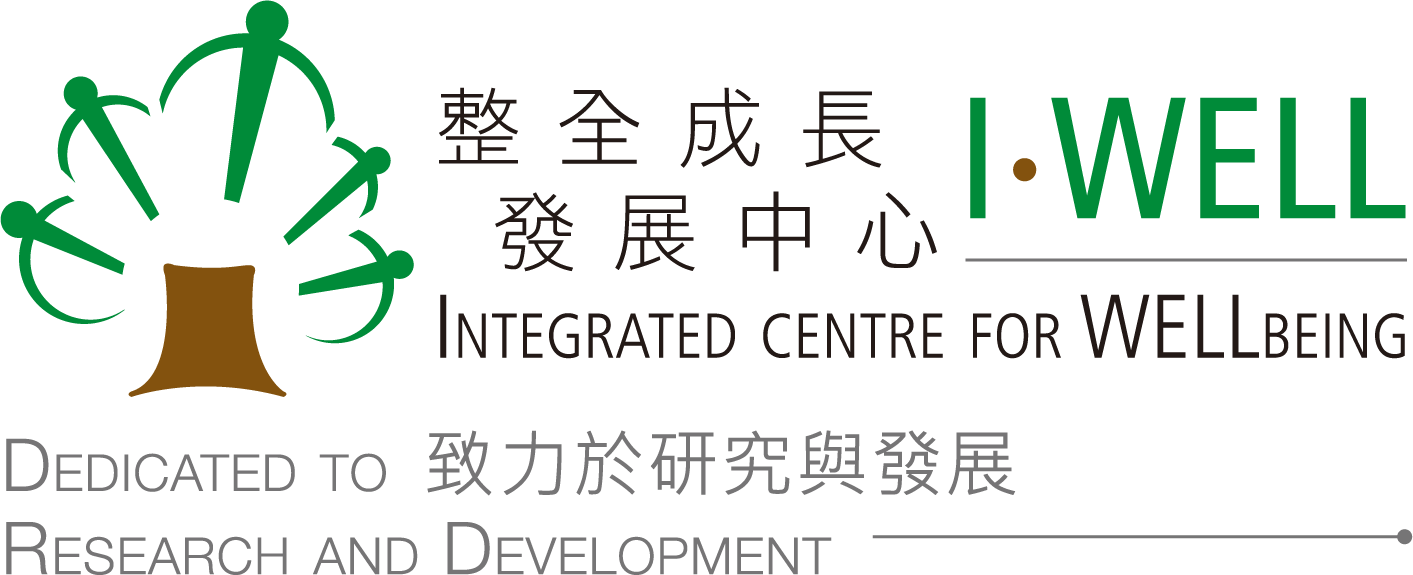湯啟宇教授
香港中文大學生物醫學工程學系教授兼系主任
| 項目 | 詳情 |
| 題目: | 凝聚希望計劃 -中風復康科技應用於社區服務中心 |
| 摘要: | Prof. Raymond tong has launched a CUHK Jockey Club HOPE 4 Care Programme. To provide cutting edge stroke rehabilitation systems to support more than 39 local Day Care Centres for the Elderly and Community Rehabilitation Day Centre, provide stroke patients with rehabilitation treatment, including Hand of Hope, Exoskeleton Ankle Robot for Stroke Rehabilitation, Interactive Cycling System for Stroke Rehabilitation and Augmented Reality Stroke Rehabilitation Training Systems for Exercise Programme. The results showed functional improvement. The survey also showed the systems were welcomed by stroke survivors and therapists. The home version Augmented Reality Training System was used during the COVID-19 period to continue daily rehabilitation exercise. |
| 語言: | 廣東話 (輔以英語) |
黃銘義博士
南洋理工大學
新加坡國立教育學院心理學與兒童及人類發展學部副教授
| 項目 | 詳情 |
| 題目: | 支持殘疾學生的輔助技術決策:幫助教師為正確的工作選擇正確的工具 |
| 摘要: | Students with disabilities experience challenges when they are insufficiently supported. One solution is the potential of assistive technology to compensate for their educational, daily living and leisure needs. Yet the use of assistive technology is still not widely adopted. Typically, rehabilitation therapists are often tasked to make decisions on the benefits of assistive technology devices. When rehabilitation professionals are unavailable for consultation, the teacher is often the closest professional to the student and the family to offer guidance. Teachers, however, are not always equipped to carry out assistive technology recommendation as they are also unfamiliar with the many devices. This is important since knowledge of a systematic process for identifying and selecting assistive technology increases the likelihood of successful student outcomes. This presentation introduces assistive technology and shares some fundamental questions central to assistive technology selection. |
| 語言: | 英語 |

勵俊雄博士
貝葉科技有限公司行政總裁
| 項目 | 詳情 |
| 題目: | 電子學習環境中的智能學習助手 |
| 摘要: | E-learning, in the form of virtual classroom, artificial Intelligence assisted teaching classroom and digital learning devices, are being rapidly adopted by leading educators and parents to improve the quality of teaching and learning. In this talk, we will focus on the use of artificial intelligence techniques: including computer vision, machine learning and natural language processing, to improve e-learning efficacy. Analysis on how AI can help gauge learning progress, learning difficulties and learning well-being will be presented. Special focuses will also be given to measuring concentration in learning activities as well as measuring emotion response in learning which are especially important in students with special needs. |
| 語言: | 英語 (輔以廣東話) |


